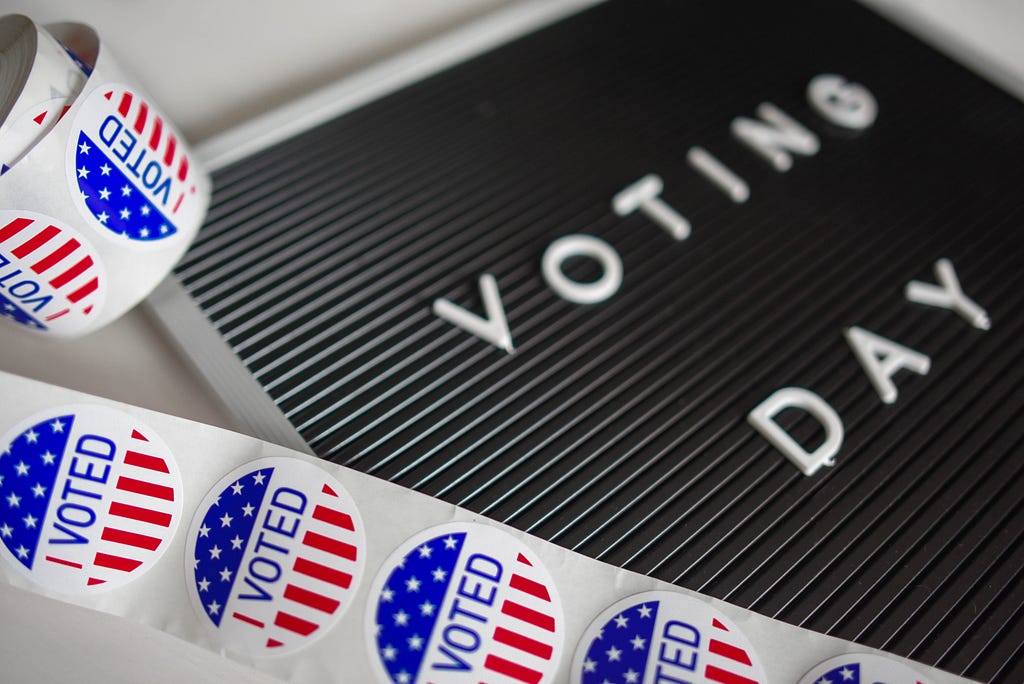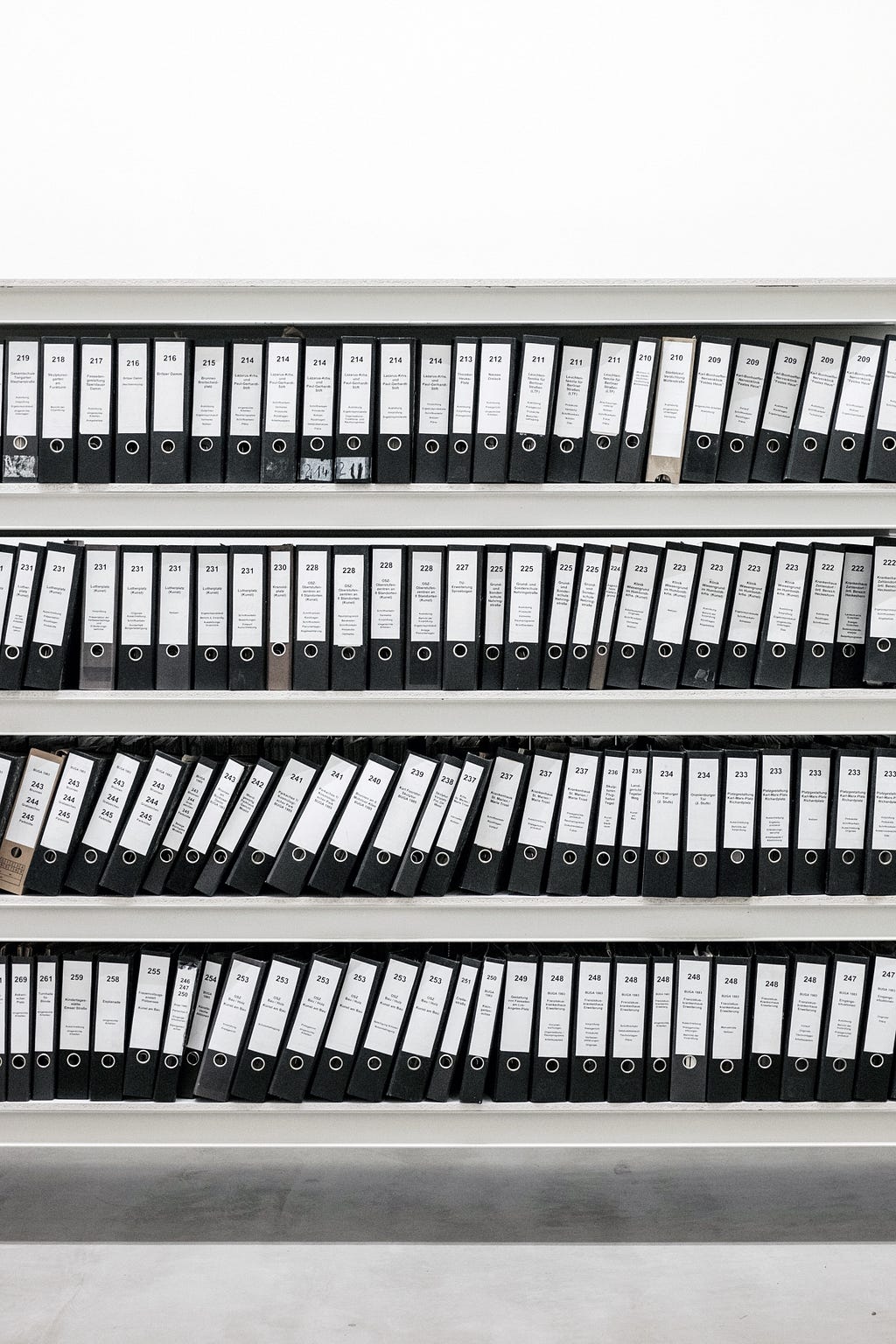Latest news about Bitcoin and all cryptocurrencies. Your daily crypto news habit.
Blockchain technology is frequently hailed as the key harbinger of the fourth revolution and this title is not exactly unfounded. Blockchain technology is frequently associated with assisting streamlining and smoothening a wide variety of use cases, making tasks cheaper, faster and more efficient. In this article, we take a look at various problems that blockchain technology helps address and solve.
Blockchain Technology in Brief
Before we delve into the depths of how blockchain helps solve several problems, let’s first understand what blockchain technology is.
Blockchain technology is essentially a distributed ledger technology where information about transactions (and various other things) are stored in the form of units called blocks. Now these blocks are connected to one another to form a chain. Every block bears a unique hash value, which acts as its identity. In addition, it also bears the unique identity of its previous block and its total identity becomes a combination of the two.
What this implies is that all the blocks are linked together as a chain where each block bears the identity of its preceding block as well. This means that one block cannot be unlinked or changed in an unauthorised way without bringing down the entire blockchain. This makes it extremely secure. In addition, this technology is largely decentralised as the node computers decide on validating transactions based on some kind of a consensus algorithm.
The security, accountability, transparency and immutability accorded by this technology can help solve a number of problems.
Let’s have a look at what they are:
High Fees of Cross-Border Transactions: It is often said that blockchain technology has the potential to tremendously help people from poorerregions and developing countries.
One of the ways in which that can be achieved is by solving the problem of high cost cross-border money transfers. Many a times, people from these developing countries move to other countries as migrant labourers and need to send back money to their families.
If they use traditional remittance services such as the Western Union, they have to pay a high amount of fee which proves to be untenable to these already poor people sending away a part of their earnings to their homes. By using blockchain technology that helps establish peer-to-peer channels and eliminates middlemen, these transaction costs can be brought down by a great extent and streamline cross-border payments immensely.
Public Health Concerns Arising From Lack of Drug Safety Data: Since blockchain allows for the creation of a cohesive database spread across several participants with all changes simultaneously visible and accessible to them, it is extremely well-suited to supply chain management needs. While it can help ease out several bottlenecks in the supply chain for many different kinds of use cases, one crucial function it serves is it helps alleviate public health concerns through pharmaceutical supply chain management.
In a pharmaceutical supply chain, use of a blockchain can help record information on every aspect of a drug: from manufacture to sale. As a result, we have enhanced traceability of every step that the drug takes, right from the manufacturing unit to the hands of the consumer.
Having all this data available in a transparent, distributed database helps trace information which would otherwise not be available, like where each raw material was sourced from and so on. This promotes drug safety as customers know exactly what they are consuming. In case any minor ingredient has a chance of worsening an existing ailment, that particular drug can be avoided based on blockchain data. As a result, the health of the consumer is safeguarded.
Electoral Corruption: Given that a very large number of countries around the world are democracies where elections are an essential step to proper governance, it is indeed imperative to ensure transparency in elections. In most elections around the world, we find allegations and counter-allegations where contending political parties accuse each other of electoral fraud of some kind. Usually, rigging is a common complaint.
During the last US elections, we had considerable debate about whether or not covert Russian intervention was responsible for the election results to turn out as they did. Naturally it would be incredible if we could put all these questions to rest and blockchain technology seems to be a way to beable to do so. Since information would then be recorded irreversibly and immutably in distributed databases not controlled by any central authority, it would pave the way for a great deal of accountability and transparency, both of which are essential for free and fair elections.
Theft of Intellectual Property: It is a very common affair to see original creative work by poets, writers, artists, musicians and others being leaked or reproduced without authorisation. This is clearly in violation of intellectual property rights and yet this practice is extremely rampant in the world. With the use of blockchain technology, this problem can be taken care of to a certain extent by ensuring traceability of origin. As a result, the original content creator is given the appropriate credit for work produced by him or her. Blockchain projects such as CREA or Po.et try to achieve this very solution.
These are only some of the major areas in which blockchain technology can help solve problems and boost operational inefficiency. In the same way it helps these fields, by using its decentralised, immutable characteristics, blockchain can support crowdfunding efforts, charity projects, real estatetransfers and more.
Clearly, there is no end to the boons of blockchain.
Major Problems Solved By Blockchain was originally published in Hacker Noon on Medium, where people are continuing the conversation by highlighting and responding to this story.
Disclaimer
The views and opinions expressed in this article are solely those of the authors and do not reflect the views of Bitcoin Insider. Every investment and trading move involves risk - this is especially true for cryptocurrencies given their volatility. We strongly advise our readers to conduct their own research when making a decision.



